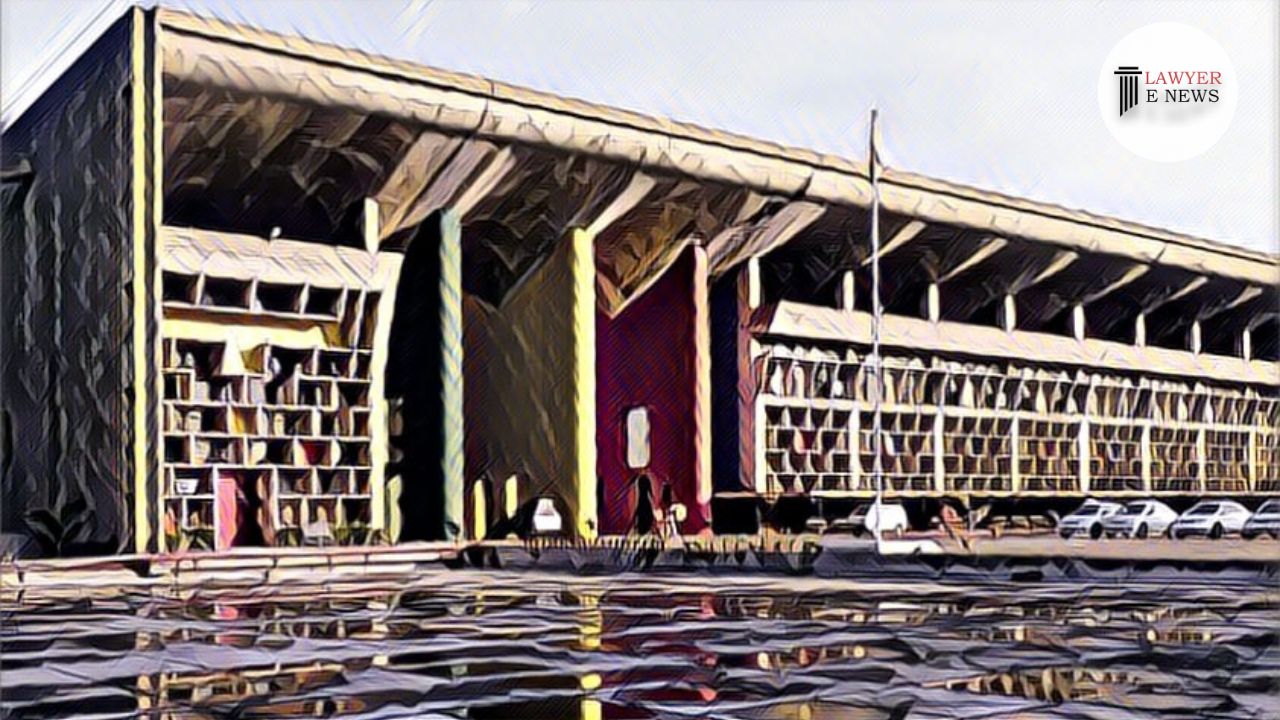-
by sayum
17 February 2026 5:39 AM



In a significant ruling, the Punjab & Haryana High Court dismissed a revision petition in the case of Brij Mohan Sharma vs. Rajeev Kumar, emphasizing the principle that the issue of proper court-fee payment is predominantly a concern between the plaintiff and the state, and not a matter for the defendant to challenge.
The revision petition, filed by Brij Mohan Sharma against Rajeev Kumar, contested the order of the trial court which had declined to reject a plaint for recovery of Rs. 19,20,000. The plaintiff initially filed the suit with a court-fee of Rs. 50, promising to pay the remainder of Rs. 47,550 later, which was fulfilled on August 2, 2023.
Justice Meenakshi I. Mehta, presiding over the case, observed, "whether proper court-fee is paid on a plaint is primarily a question between the plaintiff and the State." This statement underlines the court's stance that the defendant’s challenge on the grounds of court-fee deficiency was not maintainable.
The court further noted that the plaintiff’s action to pay the remaining court-fee aligned with the provisions of Section 149 of the Civil Procedure Code (CPC), despite not specifically mentioning the legal provision under which it was done. The court cited the Supreme Court's precedent in this regard, which states that the non-mentioning of a specific legal provision does not invalidate an action if the jurisdiction to act is established.
In its analysis, the High Court referred to the clauses (b) and (c) of Order 7 Rule 11 CPC, which concern the rejection of plaints for issues related to court-fee. The Court pointed out that the plaintiff had submitted the deficit court-fee before any court directive to correct it, thereby negating the grounds for plaint rejection under these clauses.
The court also referred to the judgments of P.K. Palanisamy and K.C. Skaria to clarify the circumstances under which the provisions of Section 149 CPC can be applied. The ruling highlighted that the plaintiff had neither sought nor evidenced an increase in the claim during the trial, differentiating this case from the one referred to in K.C. Skaria.
Concluding the judgment, Justice Meenakshi I. Mehta dismissed the revision petition, affirming the legitimacy of the trial court's order and reinforcing the principle that disputes over court-fee payments are essentially matters for the plaintiff and the state to resolve.
Date of Decision: 22 January 2024
BRIJ MOHAN SHARMA VS RAJEEV KUMAR
